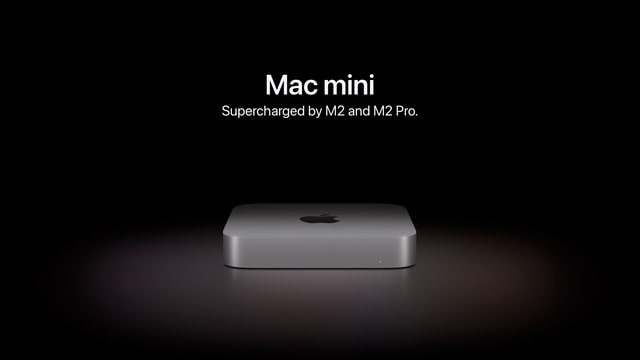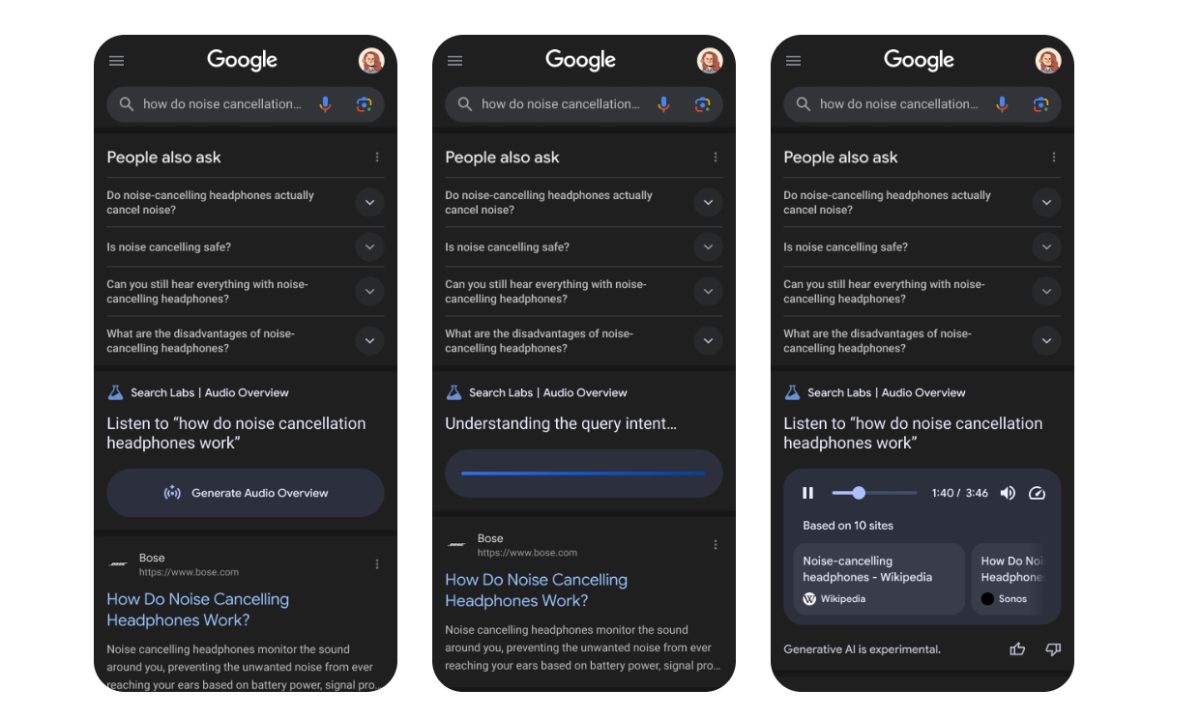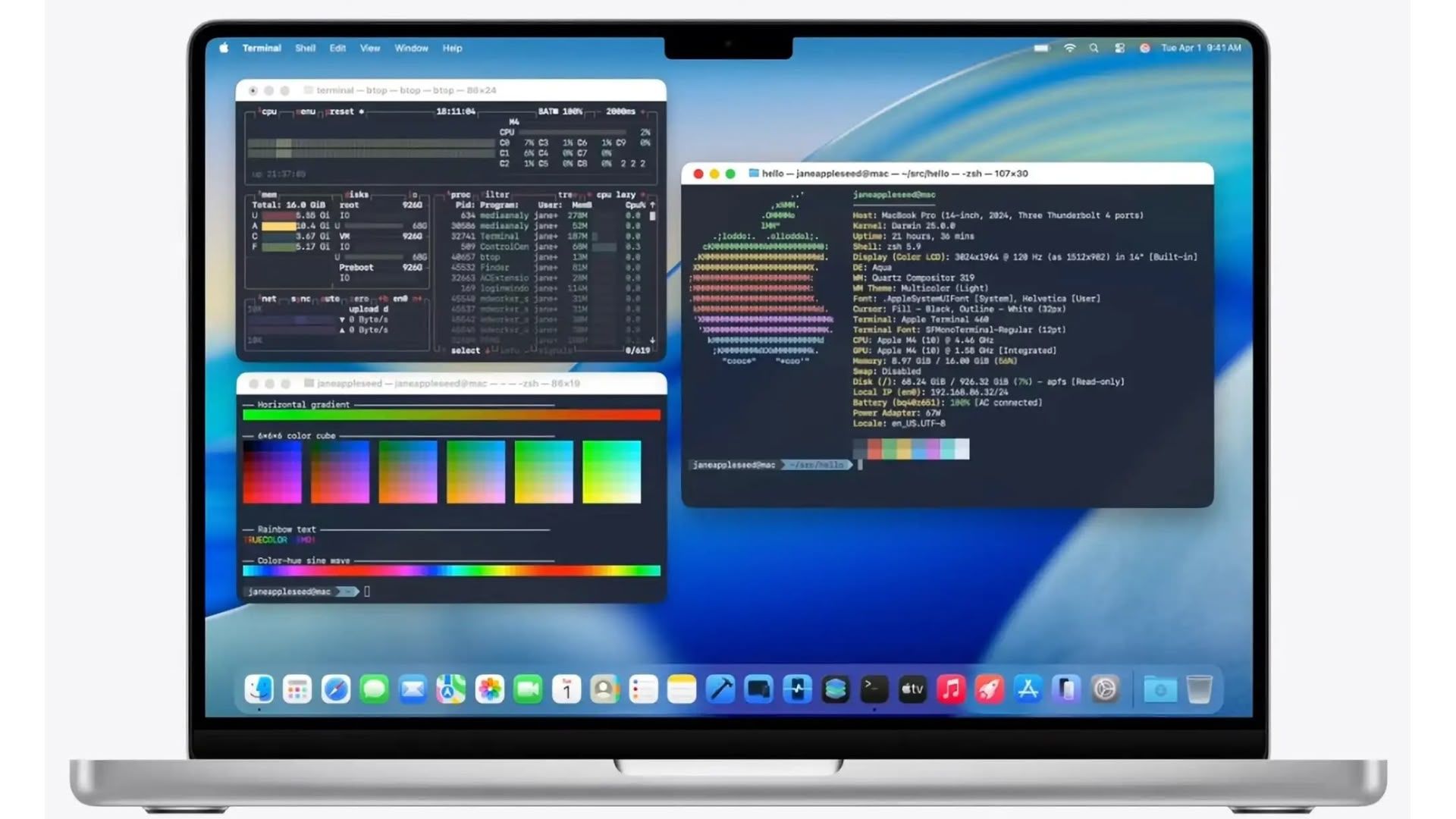A high-tech harvest: Innovative lending library brings bots to Washington farms
A first-of-its-kind program to put cutting-edge agriculture technology into the hands of farmers is blossoming among hay, corn and berry operations north of Seattle. Snohomish County has launched a free technology lending library for small- and medium-sized farms, allowing growers to borrow autonomous robots that can carry, mow and tow; devices for monitoring soil moisture to optimize irrigation; and survey technology that analyzes soil properties across a field to guide fertilization. “We are doing this at no cost to the farms,” Linda Neunzig, the agriculture coordinator for the county who came up with the library idea. “They’re not putting anything… Read More


A first-of-its-kind program to put cutting-edge agriculture technology into the hands of farmers is blossoming among hay, corn and berry operations north of Seattle.
Snohomish County has launched a free technology lending library for small- and medium-sized farms, allowing growers to borrow autonomous robots that can carry, mow and tow; devices for monitoring soil moisture to optimize irrigation; and survey technology that analyzes soil properties across a field to guide fertilization.
“We are doing this at no cost to the farms,” Linda Neunzig, the agriculture coordinator for the county who came up with the library idea. “They’re not putting anything at risk, and there are so many benefits.”
Farming has slim margins and is facing challenging labor shortages, leading Neunzig to search for ways to help farms stay viable and in business. Technology was a clear answer, but it can be expensive, new applications are unfamiliar, and many of the tools available are targeting large-scale commodity agriculture.

Snohomish County Ag Tech has been investigating technologies that could be useful for its farmers and recently started making them available through the library. The program, which includes the farm analytics startup Innov8.ag as a contractor, on Friday filmed tech demos that will be posted on YouTube and a county TV station to promote the effort.
The Western Washington county blends urban hubs such as Everett and Lynnwood with pastoral rural areas. Farming here includes livestock feed production of corn, hay and grass; plots growing goods for farmers markets and CSA programs; and agritourism serving pumpkin patches visitors and U-pick experiences, plus food production.
Steve Mantle, CEO and founder of Innov8.ag, said young farmers in particular are eager to make operations more efficient and less laborious — potentially convincing them to take over multi-generational, family-run farms.
The chance to use the devices with support from Innov8.ag makes the technology “tangible and actionable and approachable,” said Mantle, who was at Microsoft for more than a decade. His company offers data mining and can interpret impacts from using the devices and help guide farmers in decision making.
The county program also benefits ag tech startups, allowing farmers to test the technology in the literal field and provide companies with feedback — while also potentially generating sales.
“What I said to the farmers is ‘be creative,’” Neunzig said, and they’ve followed the prompt.
A Christmas tree farmer was the first to check out a robot from a company called Burro. The farm loaded up the autonomous device with fertilizer, and it rolled between rows of trees alongside workers who dispersed the fertilizer by hand. It saved the workers from pushing heavy wheelbarrows and the time needed to go back and forth for refills.

A dairy farm last week used a Burro robot to independently haul a trailer that carries milk for feeding calves, creating a smooth delivery system that eliminated starts and stops and allowed workers to quickly swap out bottles.
“I never would have thought of that,” Neunzig said.
An earlier demo of water monitoring technology allowed a farm to cut its water use by 75%, she said, which in addition to the cost savings for the farmer also provides benefits to salmon, food security and soil health.
The county’s ag tech program is supported by Washington State Department of Ecology’s Floodplains by Design grants. It has received two, three-year grants that together total $1.6 million. Some of the dollars go toward purchasing the devices for the library.
Going forward, Neunzig is particularly interested in finding machines deploying tech such as lasers and sprays to aid with weeding, which is extremely labor intensive. Washington companies tackling this problem include Carbon Robotics, Aigen and Lisi Global.
While the lending library is new, expanding and still launching promotions, Neunzig is hearing from other government agencies and tribal organizations interested in the model.
“They’ve already started,” she said. “I get contacted all of the time.”












































































































































































![[The AI Show Episode 152]: ChatGPT Connectors, AI-Human Relationships, New AI Job Data, OpenAI Court-Ordered to Keep ChatGPT Logs & WPP’s Large Marketing Model](https://www.marketingaiinstitute.com/hubfs/ep%20152%20cover.png)






























































































































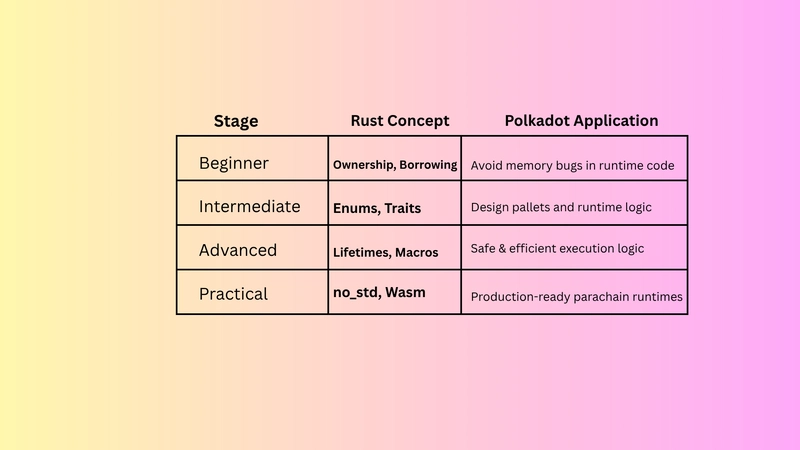




















![Designing a Robust Modular Hardware-Oriented Application in C++ [closed]](https://i.sstatic.net/f2sQd76t.webp)

















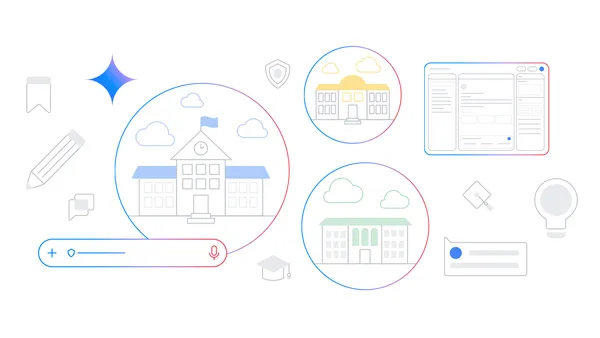

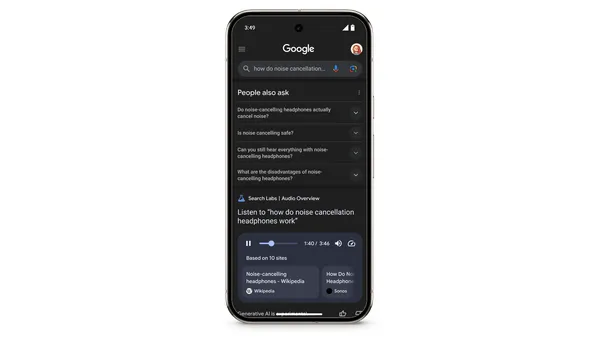


























































































_Alexander-Yakimov_Alamy.jpg?width=1280&auto=webp&quality=80&disable=upscale#)
_Zoonar_GmbH_Alamy.jpg?width=1280&auto=webp&quality=80&disable=upscale#)




































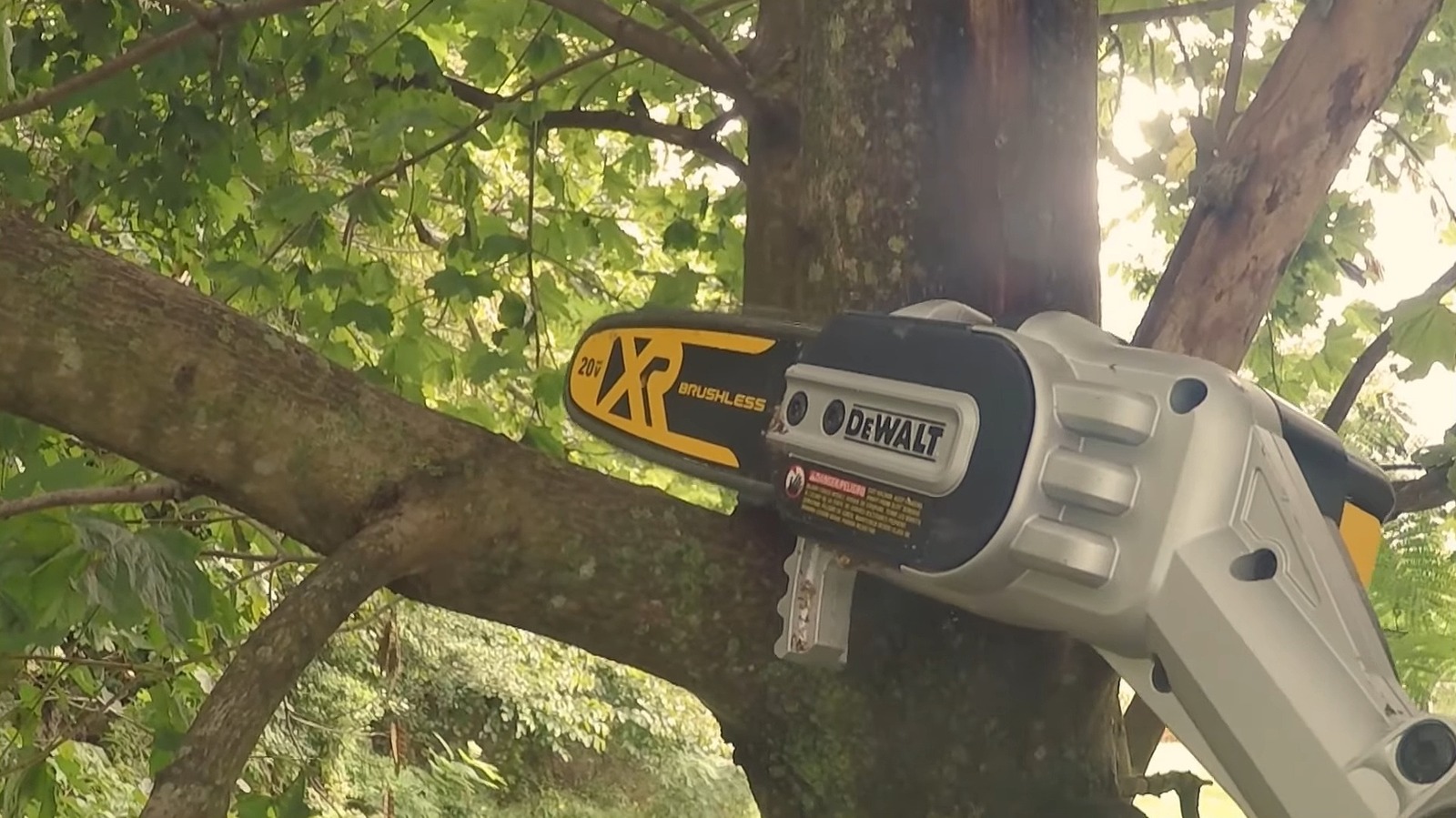

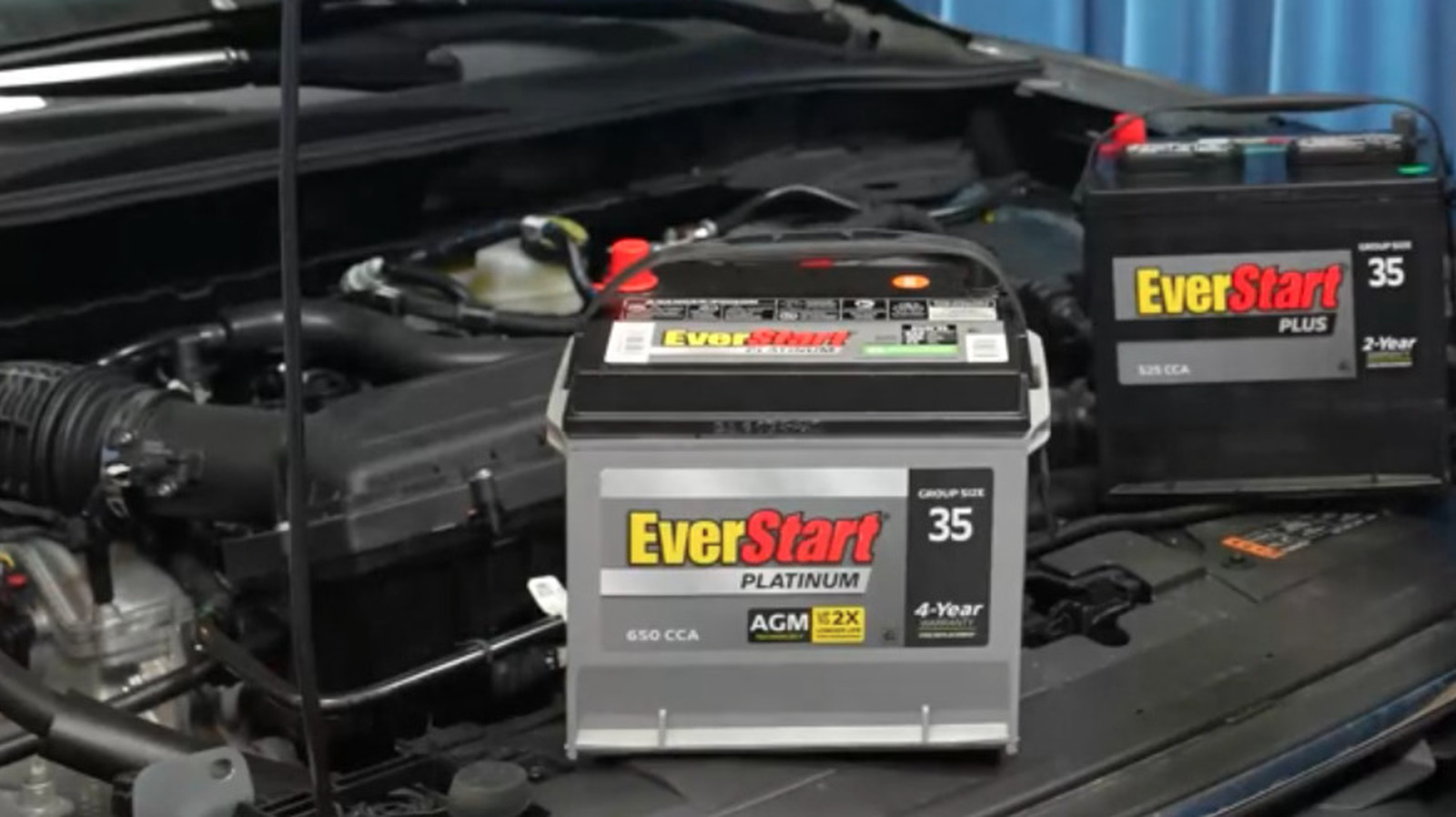
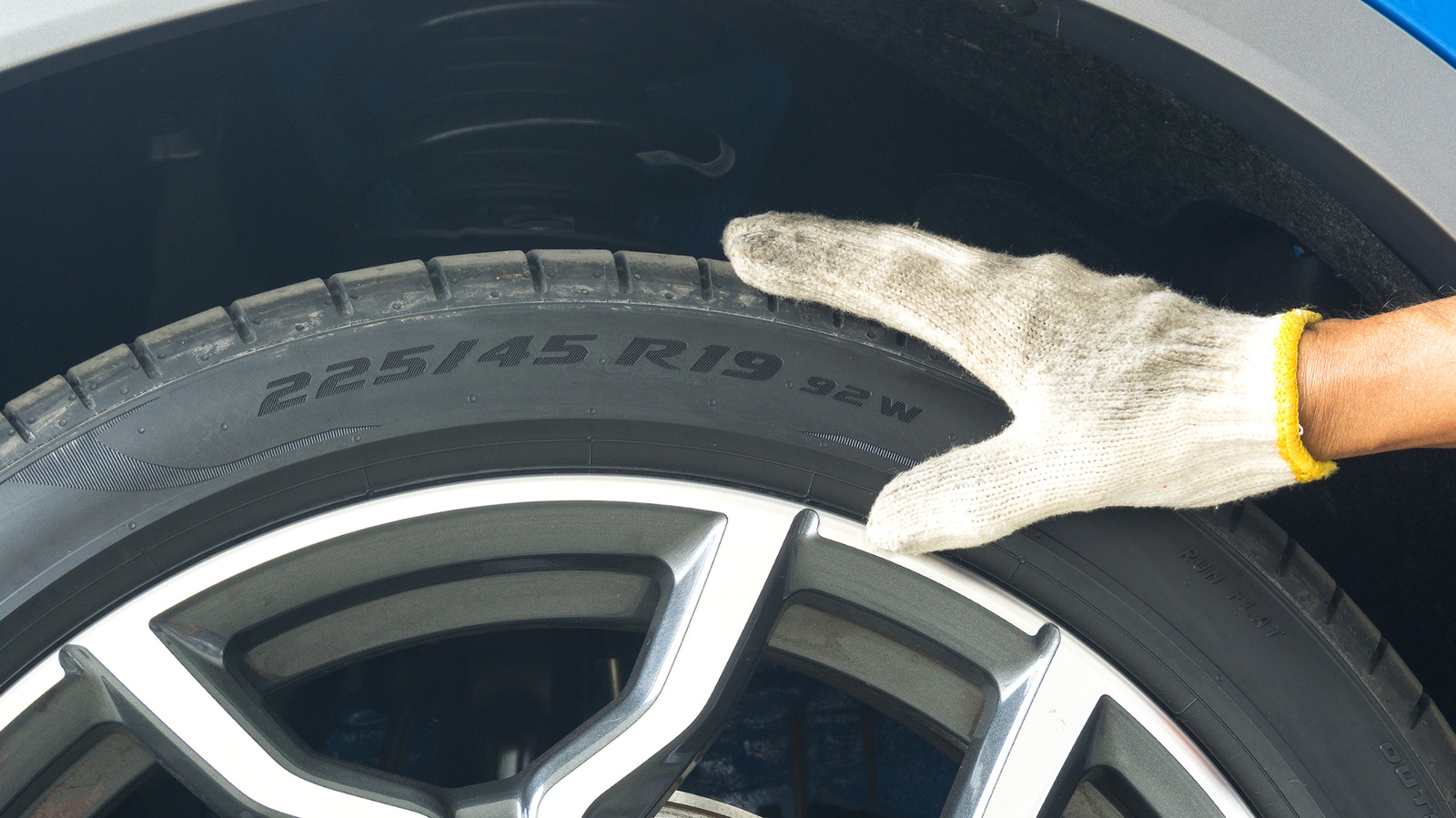













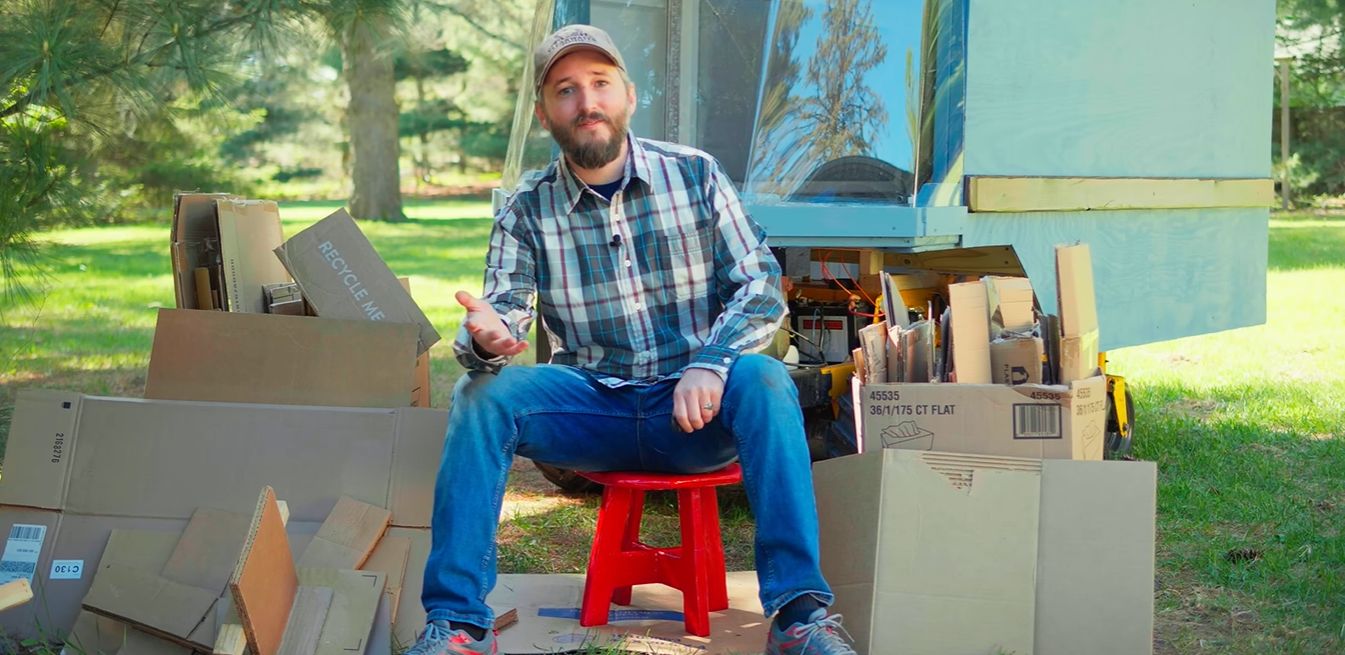
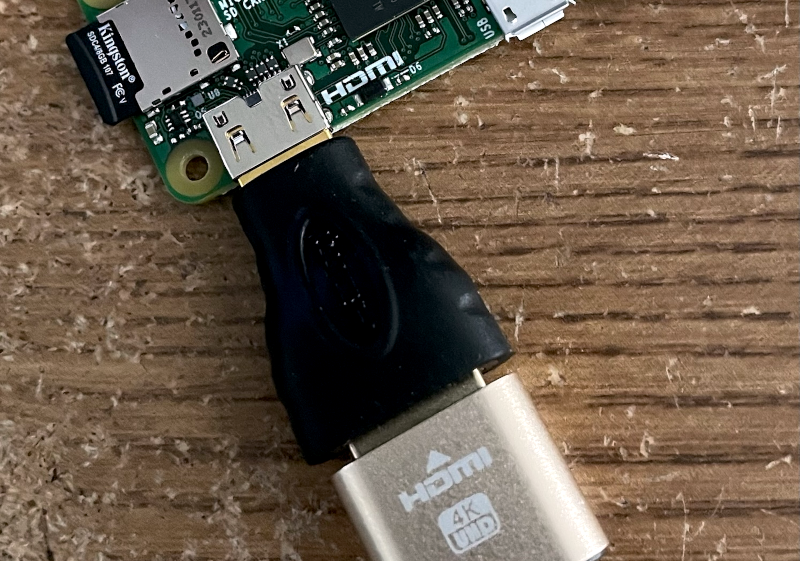
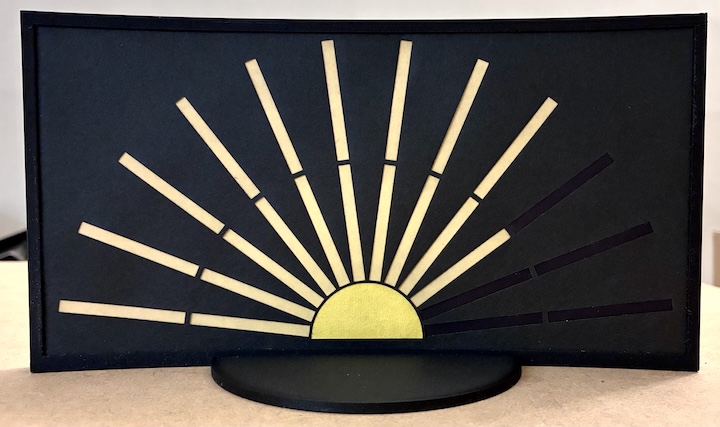























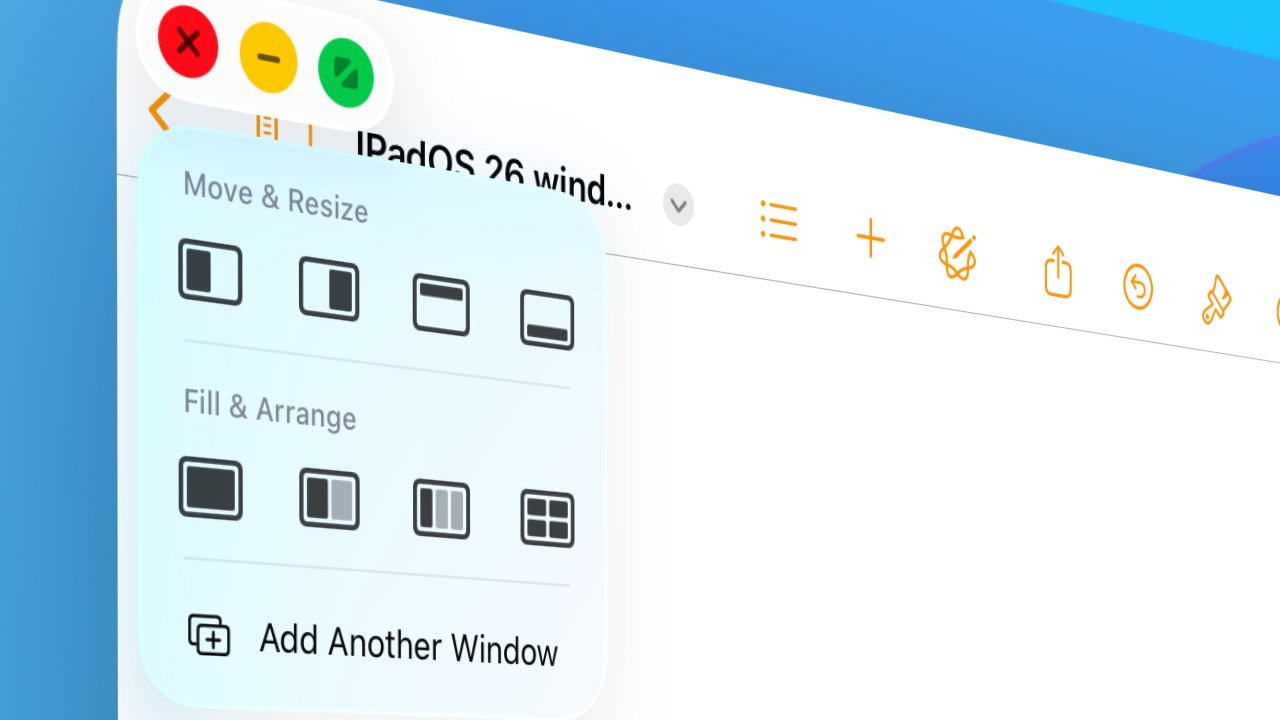







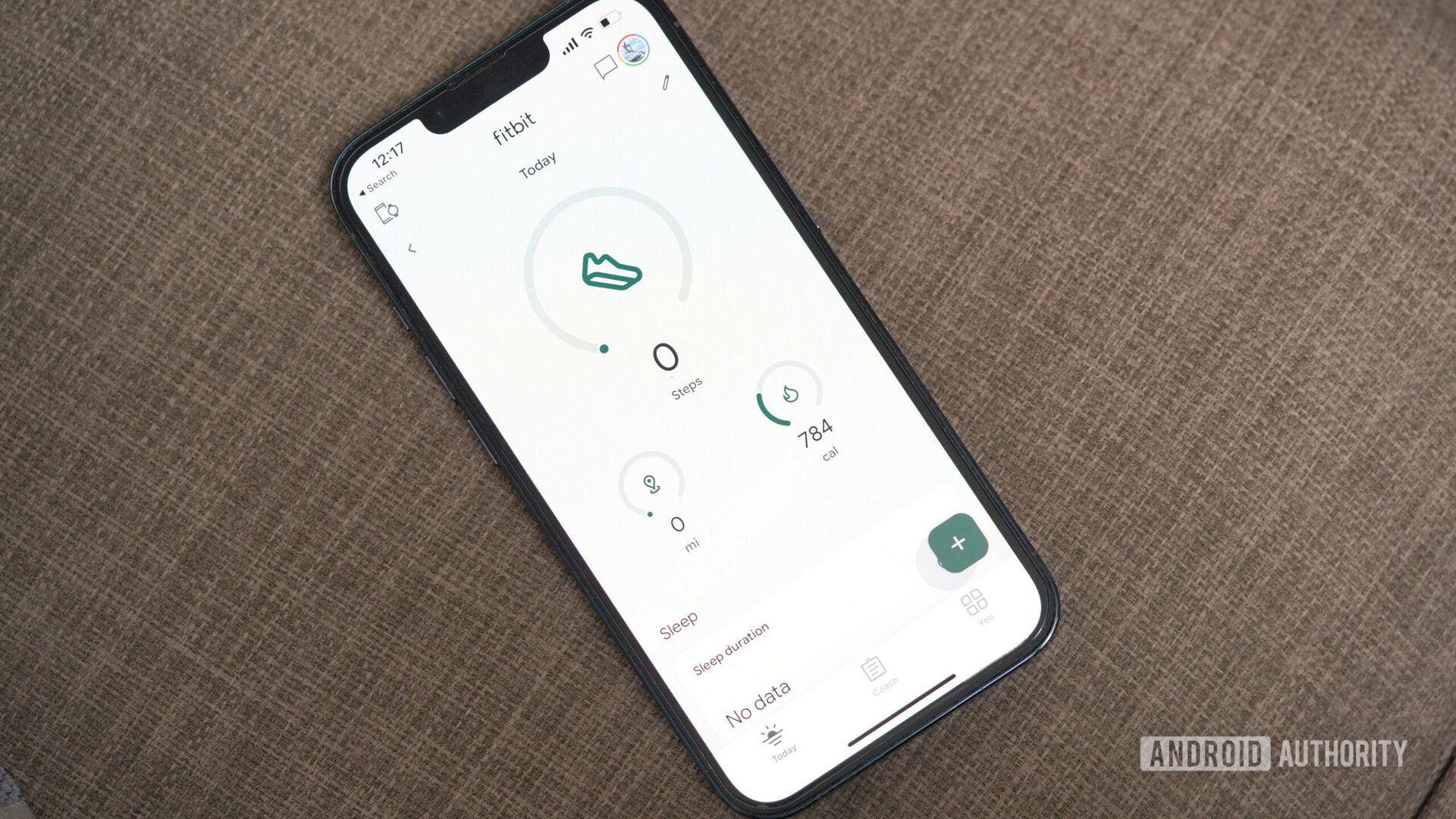



![iPad Air vs reMarkable Paper Pro: Which tablet is best for note taking? [Updated]](https://i0.wp.com/9to5mac.com/wp-content/uploads/sites/6/2025/05/ipad-air-remarkable-paper-pro.jpg?resize=1200%2C628&quality=82&strip=all&ssl=1)





![What Gemini app features are free versus paid? [June 2025]](https://i0.wp.com/9to5google.com/wp-content/uploads/sites/4/2025/01/gemini-android-5.jpg?resize=1200%2C628&quality=82&strip=all&ssl=1)












![Apple M4 Mac Mini Back on Sale for $499 [Deal]](https://www.iclarified.com/images/news/97617/97617/97617-640.jpg)

